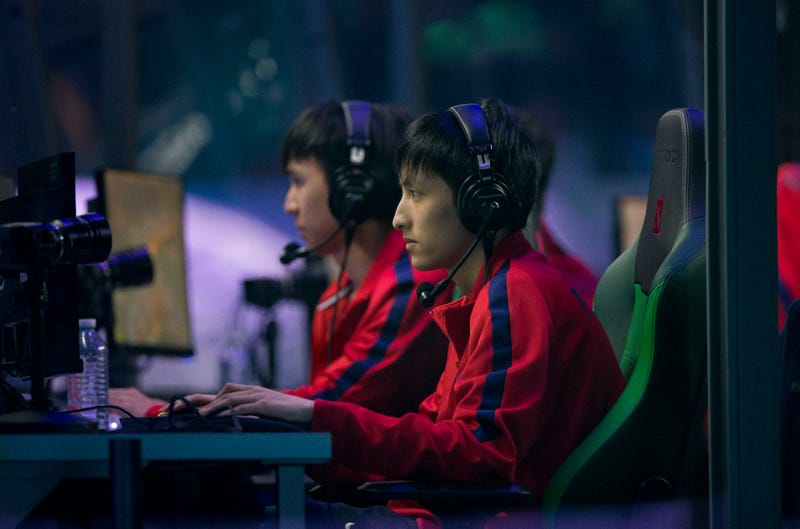
E-sports is rapidly growing at all levels, high school, college and professional, evidenced by the Timberwolves' 2K team. One local college is making a significant leap.
It started in a brainstorming strategic planning meeting when an out of the blue suggestion by a basketball coach piqued the interest of Concordia St. Paul Athletic Director Regan McAthie.
She started watching the online video game competitions at home and realized how well e-sports translates to a traditional college athletic department.
"It's skill instruction. It's drills that are related around teamwork and playing off of each other. It's decision making. It's strategy and scouting your opponent and prepping for your opponent," she said.
So Concordia made the jump, adding e-sports as a varsity program, funded, and treated the same way as sports like football and basketball -- including scholarships. It's the first of its kind in the state. The players will have disciplined practices and academic standards like all other Concordia athletes.
Head coach Logan Hermes comes to Concordia close to completing his Masters in Student Affairs Administration from UW LaCrosse. He's found a passion in the games that the Golden Bears are slated to compete in including League of Legends, Hearthstone and Overwatch. Thinking about the competitions like tradition sports with offense and defense, or chess, can help people get more acquainted with e-sports, as can watching broadcasts which sound similar to traditional ones with announcers breaking down the action.
"For the people who don't understand it's because they're not used to this currently," he said. "To make it feel more important, what you need to do is describe the game to them and relate it to what they're already seeing in their lives."
Out of the more than 100 varsity e-sports programs nation wide, only two are at major Division I schools: the University of Utah and Ohio State. But those universities house the team within an academic department, with plans that e-sports drives curriculum, research and post-graduation success. The NCAA's amateurism rules complicate e-sports at that level, though, because many gamers make money off streams on YouTube and Twitch.
Division II and III colleges, however, have seen positive ripple effects from adding e-sports from enrollment to building community, and Concordia is hoping for the same when it starts up competition this fall.
"We're going to bring students in that may or may not have considered Concordia previously," McAthie said. "But for me as an athletic director, it's also just a really cool thing to be able to offer students that have the same type of competitive passion and competitive drive as our current student athletes, but that don't have a current avenue to be able to participate in that."
